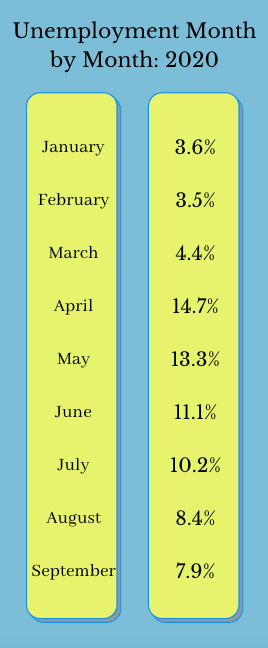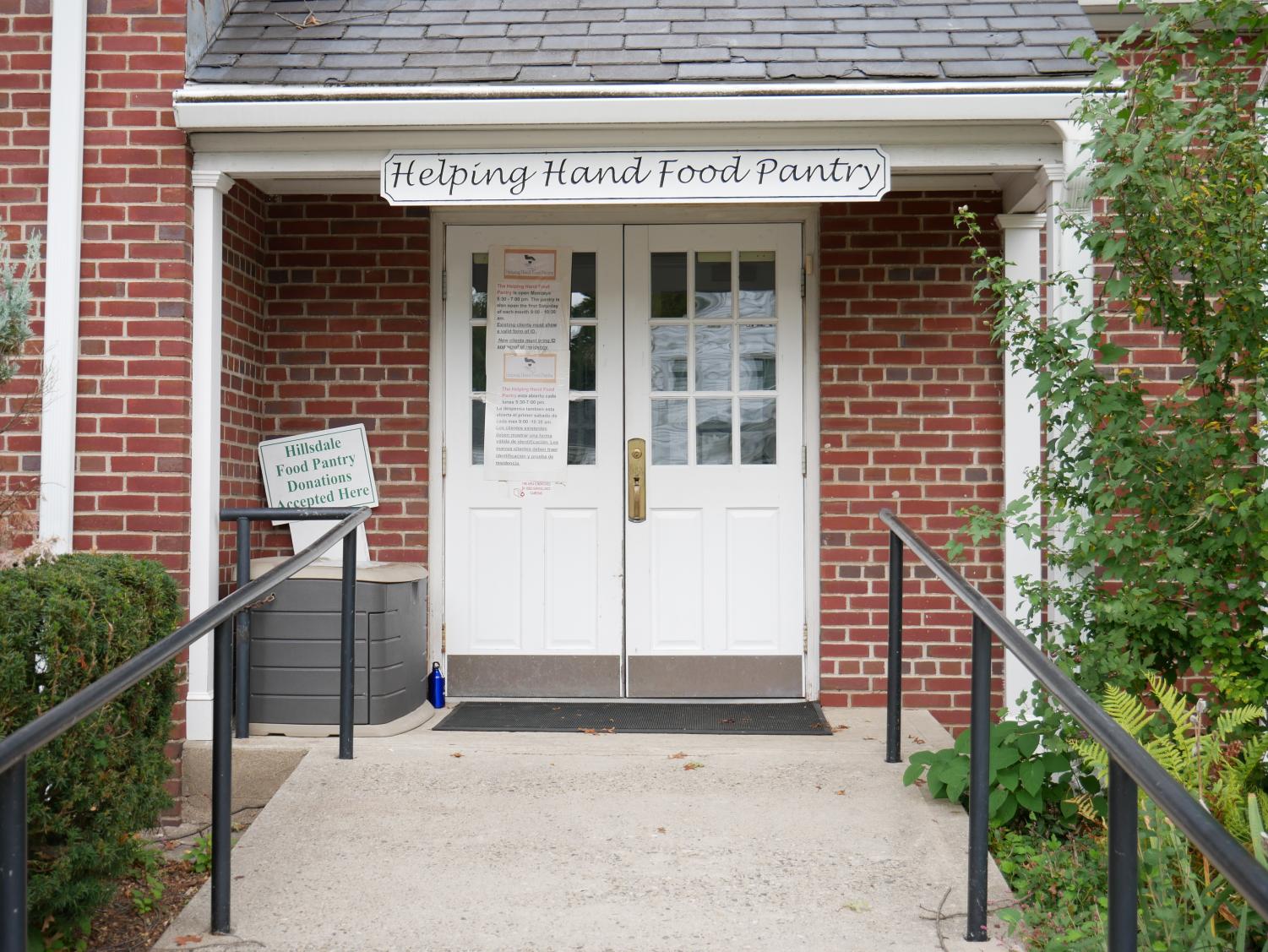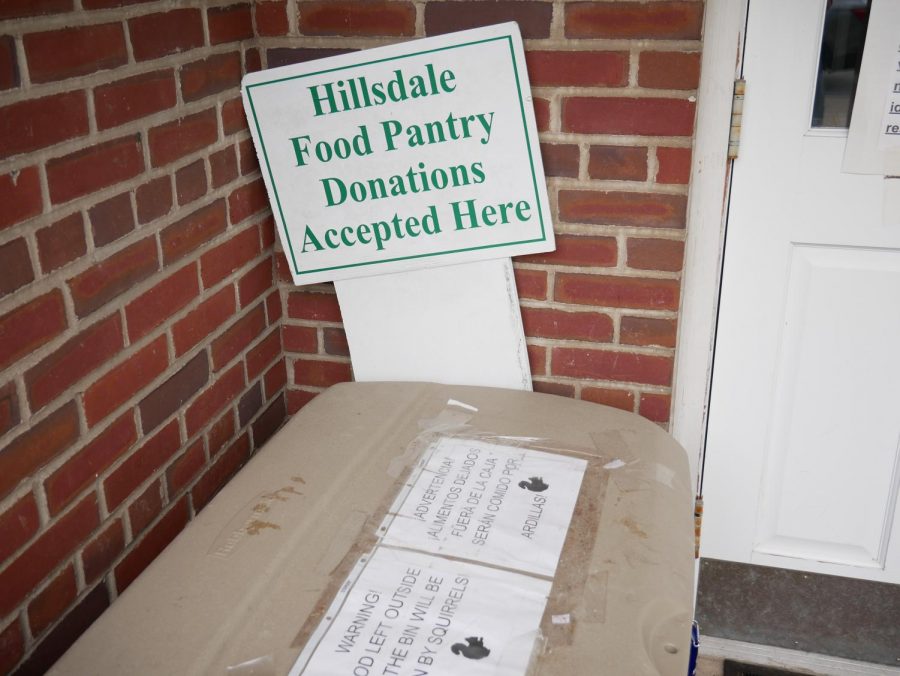COVID-19 presents extended risk for homeless
Health protocols make it harder for shelters and food pantries to accommodate clients
The pandemic has caused an increase in clients for local food pantries. However, COVID-19 restrictions also force them to utilize less workers, making it more difficult to assist everyone.
Poverty has always been a concern in the United States, but since the coronavirus pandemic began, it has sparked an extended risk for the homeless population.
Due to a lack of resources – such as hygiene products, close quarters, and a larger difficulty for food distribution – the risk is higher than ever.

Since the start of the COVID-19 outbreak in February of 2020, many people have lost their jobs due to the downsizing and shutdowns of companies. According to BBC News, the country’s unemployment rate rocketed to 14.7% in April, compared to 3.5% at the beginning of March. The pandemic has cut off people’s main source of income, leaving them in need of help.
On top of that, workers at both the Helping Hands Food Pantry in Hillsdale and the Family Promise Homeless Shelter in Ridgewood confirmed that the pandemic has caused the need for shelters and food pantries to accommodate for strict health protocols, making it more difficult to supply the resources necessary to help others.
Homeless people who live on the streets don’t always have the necessary means to protect themselves against this virus, meaning they may not be able to obtain a mask or hand sanitizer.
In shelters, they have the resources necessary to follow some precautions; however, the shelters are tightly packed with people and can be hotbeds for the virus to spread.
“[The] housing issue [is a problem] because normally, our network works in a way where different churches and congregations have [a] rotating housing system for people in the network to have a different home base every week,” Alina Albano, the advisor of the Youth Council at Family Promise Homeless Shelter said. “Obviously, that’s not safe during the current environment. They had to change their entire way of functioning.”
Albano went on to say that they utilized “hotel rooms and apartment buildings” to separate the families during the pandemic.
Food pantries are also being affected by the virus.
“Unfortunately, we can only work with a small staff of volunteers because of [the] coronavirus,” Denise Pallatta, the backroom supervisor of the Helping Hands Food Pantry said. “I have to consider all the volunteers’ safety. It takes us longer to go through donations because we have less people.”

Pallatta said that they “have gone up 40% in the number of clients” they serve. And it’s not just one pantry – they are always in contact with other pantries in Bergen County. According to Pallatta, most of the other pantries doubled in the size of their customers, depending on the area.
However, food pantries have seen a rising support system, with an increase in donations of food and money since the start of the coronavirus.
“We began working with World Central Kitchen to distribute 400 meals, five days per week,” Kate Duggan, the Executive Director of Family Promise, said in an email. “In 22 weeks we distributed over 44,000 meals and over 100,000 pounds of produce to families and individuals in Englewood and Teaneck. This program never existed before COVID.”

Sarah Shapiro is a senior who has been in The Valley Echo since her freshman year. She became an editor in her junior year and editor-in-chief in her...







